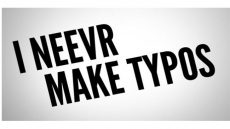Bringing out the truth from people involved in an investigation may soon be a lot easier as researchers have found that a particular brain wave could be used to tell whether someone recognises details they encountered in life.
A particular brain wave, known as P300, could serve as a marker that identifies places, objects, or other details that a person has seen and recognises from everyday life, the findings showed.
Most studies investigating P300 and recognition have been conducted in lab settings that are far removed from the kinds of information a real witness or suspect might be exposed to.
"This new study marks an important advance because it draws on details from activities in participants' normal, daily lives," said lead researcher John Meixner from the Northwestern University in the US.
The P300 brain wave tends to be large when a person recognises a meaningful item among a list of non-meaningful items, the study that used EEG (electroencephalography) recordings of brain activity showed.
Using P300, researchers can give a subject a test called the Concealed Information Test (CIT) to try to determine whether they recognise information that is related to a crime or other event.
"Much like a real crime, our participants made their own decisions and were exposed to all of the distracting information in the world," Meixner explained.
"Perhaps the most surprising finding was the extent to which we could detect very trivial details from a subject's day, such as the colour of umbrella that the participant had used," he added.
For the study, the researchers fitted 24 college student participants with small cameras that recorded both video and sound -- the students wore the cameras clipped to their clothes for four hours as they went about their day.
The study appeared in the journal Psychological Science.





